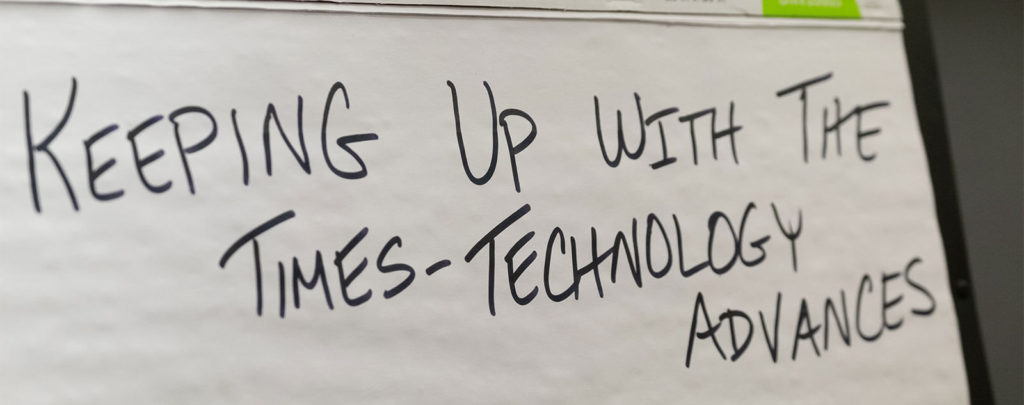 PCSS has developed a 22-module core curriculum designed to educate healthcare professionals on the prevention, assessment and treatment of substance use disorders (SUD) throughout the continuum of care. The modules explore such topics as screening, stigma, motivational interviewing, alcohol, tobacco, and opioid use disorders to name a few. The course provides a comprehensive introduction and overview of SUDs and co-occurring mental disorders for all health professionals.
PCSS has developed a 22-module core curriculum designed to educate healthcare professionals on the prevention, assessment and treatment of substance use disorders (SUD) throughout the continuum of care. The modules explore such topics as screening, stigma, motivational interviewing, alcohol, tobacco, and opioid use disorders to name a few. The course provides a comprehensive introduction and overview of SUDs and co-occurring mental disorders for all health professionals.
The curriculum is specifically designed to provide evidence-based practices in the prevention and treatment of SUD and supports interprofessional collaborative practice (IPCP) in healthcare delivery. Three addiction clinical experts—David Fiellin, MD; Michelle Lofwall, MD; and Larissa Mooney, MD, led a team of healthcare professionals to develop this 22-module core curriculum. While the field of medicine has made recent efforts to incorporate some training on addiction, the large majority of healthcare professionals have received few hours of education. This course is meant to introduce the foundation of information needed on all substance use disorders in addressing this public health crisis.
This course was a collaborative effort among the leading specialists in the field of addictions, representing the most current research and clinical practices and providing interprofessional continuing education credit, all at no cost. This course is accessible 24/7, can be taken over time or when it is most convenient for the learner.
“We saw this as an opportunity to help healthcare professionals recognize, evaluate and appropriately treat a range of addiction issues they often see in their patients,” Dr. Fiellin said, a primary care internist and addiction medicine specialist at Yale University practicing in Connecticut. “The stark reality is that while we learn a lot in primary care about caring for complex medical conditions, we often receive insufficient formal training in even common addiction issues such as alcohol use, alcohol use disorder, tobacco use and many of the equally common conditions we’re faced with in our practice.”
Even if healthcare professionals never treat addiction in their office, they will have sufficient knowledge after taking the course to make an appropriate evaluation of their patients’ substance use and refer patients for proper medical care.
“Primary care is often the first point of contact for somebody who is struggling with a substance use disorder,” said Dr. Lofwall, an addiction psychiatrist practicing in Kentucky. “With the current opioid epidemic, the specialty treatment system can’t handle the volume nor are the majority of individuals on their own seeking services in specialty care settings. Where they’re initially seeking services is for primary care related complaints.”
This is why it is vital that all healthcare professionals have a strong foundation in assessing and when appropriate, treating addictions.
“The core curriculum was developed to educate the healthcare team,” said Dr. Mooney, an addiction psychiatrist practicing in California. “And because this is a very stigmatized area of medicine, hopefully this education will help to clear up some misconceptions about individuals with addiction and provide the capacity to treat substance use disorders alongside other chronic illnesses.”
“We know that one of the main cited barriers to healthcare professionals engaging in substance use disorder in screening, evaluation, and treatment is a lack of competence,” Dr. Lofwall said. “However, these healthcare professionals are increasingly expected to address SUD on some level.”
“I’m pleased with the final product,” said Dr. Fiellin. “I t’s an important contribution to the field of integrating into primary care. My hope is that it whets their appetite to learn more about addictions and serves as an entrée into this field and further training opportunities.”
Taking this core curriculum in treating SUDs fills the gaps in many practitioners’ education in treating addiction. We urge you to begin the course and become a part of the solution in addressing substance use disorders in your community and clinical practice. Make a difference.


